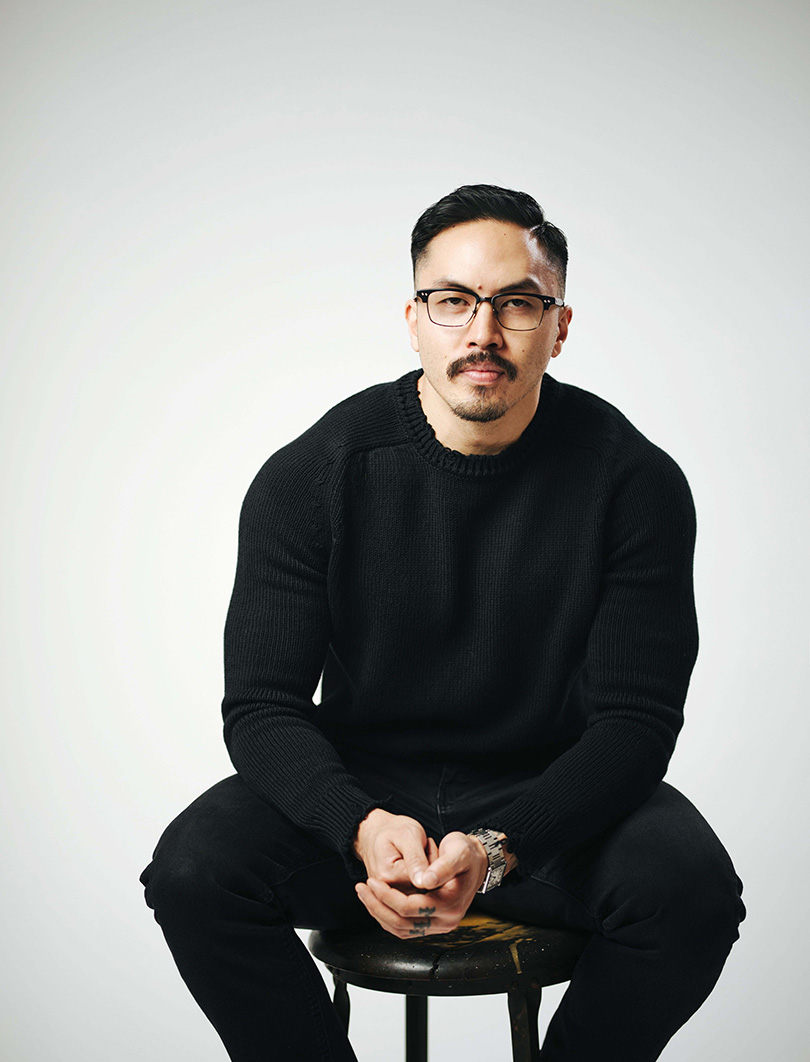RSJ hires first Verification Expert in Residence

Rudy Lee has been named the School’s first Verification Expert in Residence.
The RSJ received a generous donation from the Reader’s Digest Foundation of Canada, expanding the ability to offer more students instruction in the skills and methods of fact-checking. The new role will be used to educate students on verification methods and to work with faculty in integrating fact-checking into more courses.
“I don’t think it has ever been more important than it is now for journalists to be trusted and for journalism to strive to be as factually accurate as possible,” said Janice Neil, Chair of the School of Journalism. “The more people who have awareness of what fact checking involves can only strengthen our skills as journalists.”
Lee, who graduated from the School of Journalism in 2012, now works as a fact-checker with the New York Times. He will also be an instructor for JRN 317: The Challenge of Precision, a course which focuses on verification, and hopes to pass on the knowledge that he’s gained over his career.
“I've spent my entire career fact-checking and half of it doing it for The New York Times, which arguably has the highest standards of accuracy, point blank,” said Lee.
Lee emphasizes that verification has always been key to responsible reporting but notes the importance of it right now.
“In an age of heightened mis- and disinformation, being able to navigate those pitfalls is a boon for any journalist.”
Lee’s “enormous success less than a decade after graduating” with a unique focus on fact-checking and research makes him the right fit for the role, according to Neil.
The position won’t just help students who are looking to follow a similar career path to Lee, however. Neil believes students will be able to use what they learn in work they do in all media.
“It isn’t just learning how to be a fact-checker, which is a very specific job,” said Neil. “What really is going to help students is learning the approaches and methods of being a fact-checker, so they can address that in their own work.”